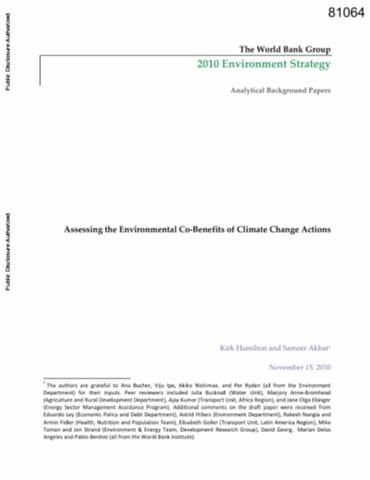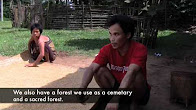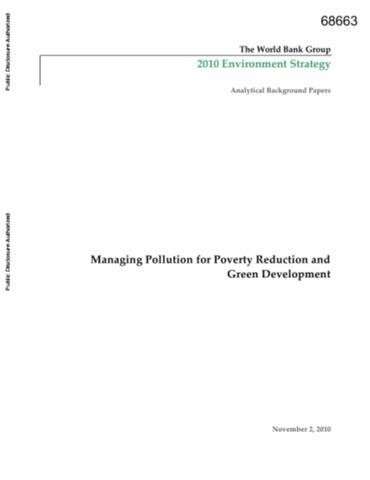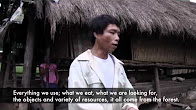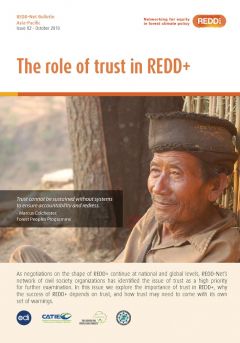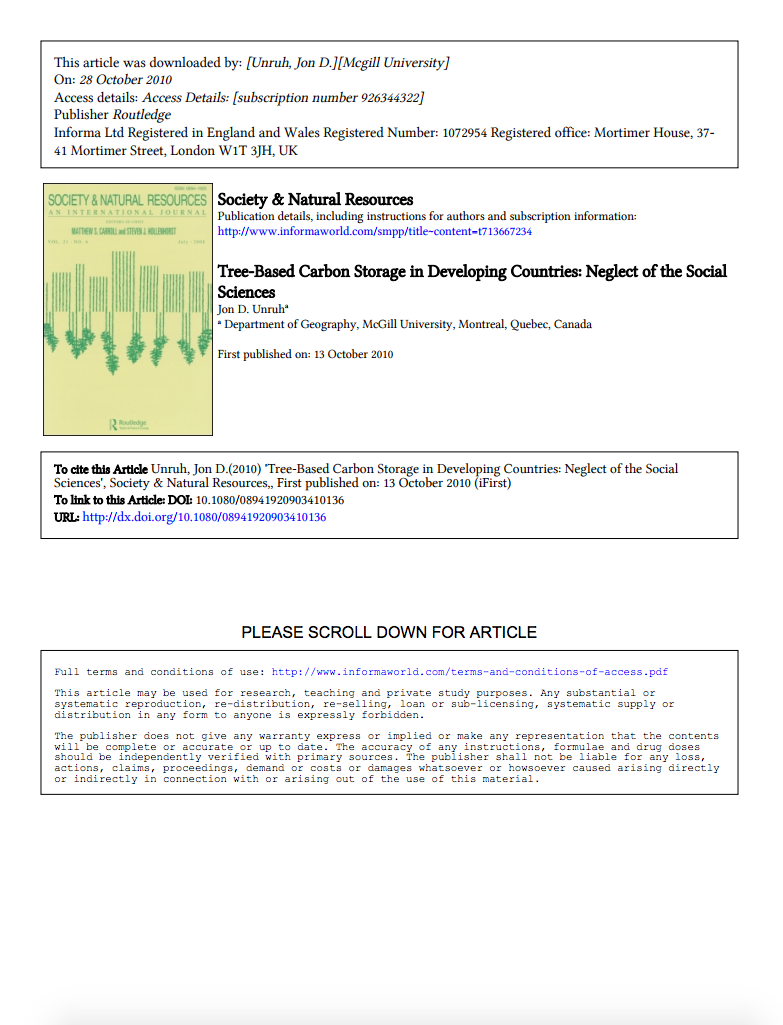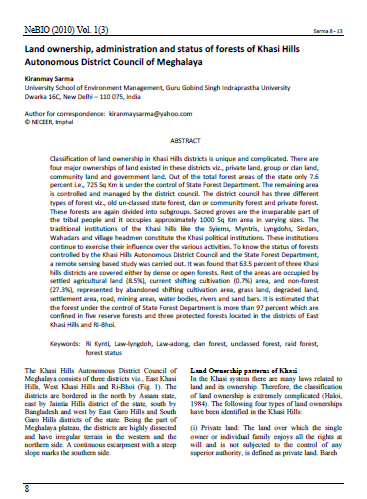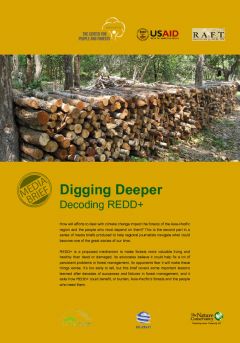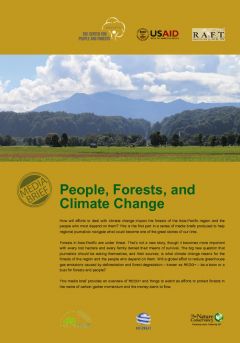Why some community forests are performing better than others: a case of forest user groups in Nepal
Management of many Nepalese forests has been devolved to local communities. Forest products, which are used by the community and which may also be traded, are essential contributors to community well-being. Forests are also important contributors of ecosystem services, such as flood protection and wildlife habitat. Nepalese communities were surveyed to measure flows of forest products from their community forests. A stochastic frontier analysis shows that communities are not producing forest products efficiently and there is potential for improvement.


